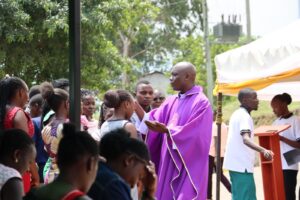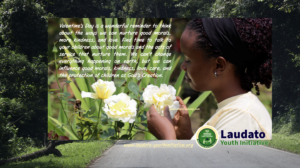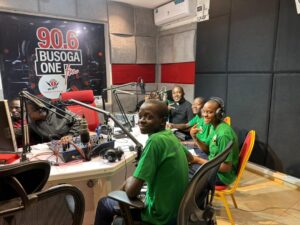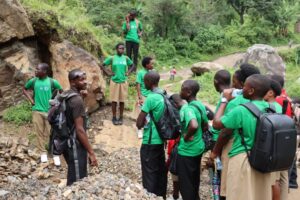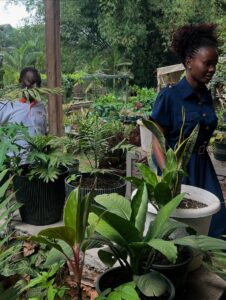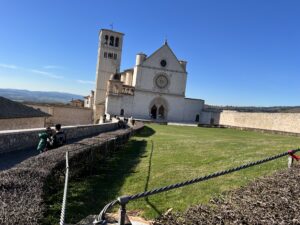Community Incentives and Local Governance

Role of Laudato Youth Initiative
The Importance of Mindset Change
Recommendations for Local Councils
- Institutionalize tree planting in LC work plans and performance indicators. Our Laudato Si Clubs have seen much fruit when they connect with community leaders to build resilience.
- Establish and support community nurseries in schools, parishes, and health centres.
- Promote agroforestry and fruit tree planting to enhance livelihoods. A case in point is our work with Bethany Lands Institute where we are forming Laudato Si Clubs to build community resilience.
- Use faith networks and youth programs to like Laudato Si Week, Season of Creation to shift attitudes and promote responsibility.
- Enforce local environmental by-laws, such as penalties for destroying public trees, not caring for land and re foresting local roads sides with trees. Land owners to take responsibility of the Garbage in their property.
- Recognize and reward community champions through annual awards or public ceremonies.
- Collaborate with NGOs and our youth initiative with trees and amplify voice to our efforts for a broader impact to be realized. Uganda Nation Forestry to offer trees, technical support and resource mobilization to or youth eco activities.
- Integrate tree planting with other services, such as water protection, health, and education. Like our parish level sanitation program at St. Adolf Parish that
- Involves a cleanup day to Promote Sanitation and Hygiene aiming at promoting family and community hygiene to mitigate the spread of preventable diseases linked to poor sanitation.
References
Bukedde. (2023, October 17). Kwania introduces mandatory tree planting to fight climate change. Vision Group. https://www.bukedde.co.ug/bukedde/NV_169914/kwania-introduces-mandatory-tree-planting
Fruitrees Uganda. (n.d.). One World Tree Planting. https://www.fruitreesuganda.org/one-world-tree-planting/
Greenwatch Uganda. (n.d.). Community empowerment for sustainable development. https://greenwatch.or.ug/empowerment
Laudato Youth Initiative. (2024). One Million Tree Planting Drive 2024–2025. https://laudatoyouth-initiative.org/one-million-tree-drive-2024-2025/
Nile Post. (2024, August 1). Kitagwenda Town Council to plant 10,000 trees to boost urban environment. https://nilepost.co.ug/environment/229011/kitagwenda-town-council-to-plant-10000-trees-to-boost-urban-environment
Uganda Wildlife Authority. (2024, April 18). UWA gives Shs 4 billion to communities neighbouring Bwindi, Mgahinga parks. https://ugandawildlife.org/news/4bn-to-communities-around-bwindi-mgahinga-parks/









